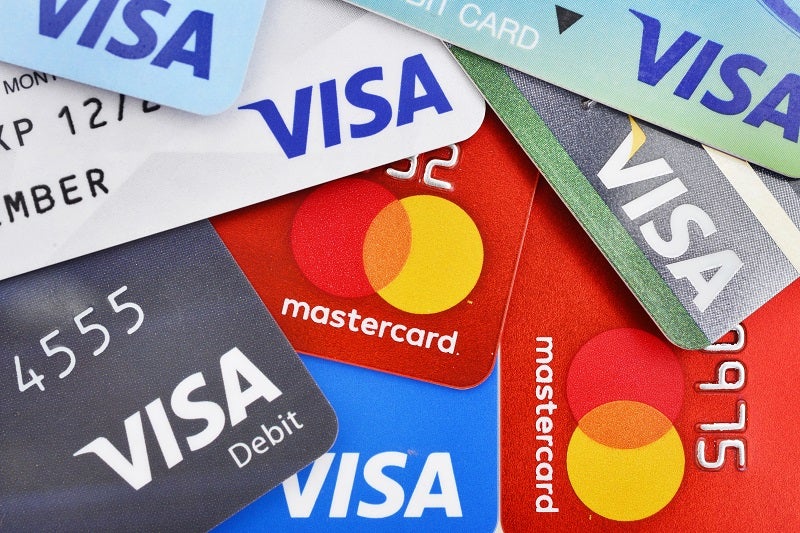Why Banks Dependent on Interchange Fees Face Uncertainty
As digital wallets, buy now, pay later (BNPL) providers, and challenger banks wise up to the value of customer transaction data, banks charging fees purely for payments processing are unlikely to cut it with either merchants or consumers for much longer.
For the last few decades, card schemes such as Visa and Mastercard have been instrumental to the payments process. For much of this time, they have acted as a duopoly, with merchants effectively forced to accept their fees or face losing half of their customers. Most recently has been Kroger Co., a US retail chain that in 2019 tried and failed to live without Visa over “excessive fees”.
However, this situation is now changing fast. New fintech services such as BOPP from Agitate are allowing merchants to bypass the card ecosystem entirely for only a £10 ($14) monthly fee.
By letting consumers send payments via text or online messaging, Agitate believes this could reduce total payment processing fees normally charged by cards from £11.0bn ($15.0bn) to just £2.0bn ($2.7bn.)
However, rather than making the current situation better for banks, changes such as these are likely to make earning revenue from interchange in the conventional way much harder.
New payments model
Newer players, particularly e-wallets, have realised the value of the data they are currently transporting and have devised a new payments model that tends to benefit everyone except conventional issuing banks, which they are replacing.

US Tariffs are shifting - will you react or anticipate?
Don’t let policy changes catch you off guard. Stay proactive with real-time data and expert analysis.
By GlobalDataThe idea is simple. By processing customer transactions, this gives the e-wallet valuable data that can then be sold back to merchants, either directly or indirectly via advertising. This allows merchants to build a detailed profile of their customers, identifying new ways of cross-selling opportunities and ways of increasing loyalty.
In return, consumers are rewarded for sharing their data, either through rewards or other bonuses such as free-for-consumer BNPL propositions offered by Afterpay.
For merchants, the lack of fees paid towards payment processing now means they can afford to open new digital channels to drive sales, a major reason why Afterpay has managed to partner with so many individual merchants.
Other providers such as Google may even offer this for free, as the bulk of its revenue is derived from advertising via its search engine. Fintechs and e-wallets may even seek to become banks for complete control of the payments process, rather than rely on a partner.
Meanwhile, Visa and Mastercard won’t take this sitting down and are likely to work with banks to create tools on their own cards. This includes a recent spate of 0%-interest credit cards in Australia as well as co-branded e-commerce cards in the Middle East, and they may even try to become e-wallets themselves.
But for issuing banks, relying on interchange revenue as a cash cow is likely to come to an end. While some banks like US digital challenger Chime – which offers value-adding services to customers such as on-demand credit, no-fee services, and credit builder tools – are likely to remain unharmed. However, most of those who fail to offer merchants or consumers any incentive will find their interchange revenue dry up.










